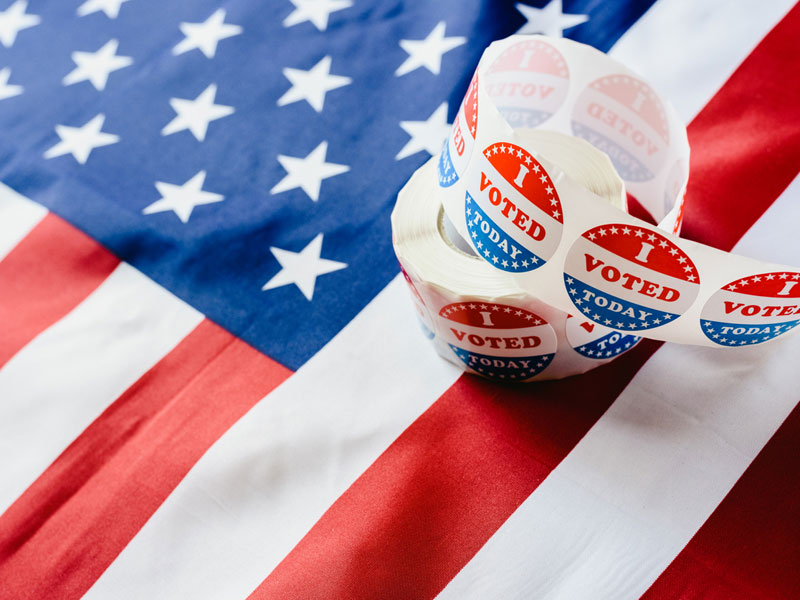
The outcome of the upcoming U.S. presidential election could have serious economic consequences for Canada, suggests a report from Bank of Nova Scotia.
In the report, Scotiabank economists projected how some of the candidates’ major election promises could impact the U.S. and Canadian economies. The report focused on the possible effects of tax proposals from President Biden, along with the tax, trade and immigration proposals of former President Trump.
Both candidates’ tax proposals would have small economic consequences, the report suggested. The potentially much bigger issue is Trump’s proposed trade policies — namely, his call for a 10% increase in tariffs across the board, with a 60% hike for China.
These policies, if enacted, would effectively launch a trade war “with damaging impacts on the United States and the rest of the world,” the economists said.
Trump has also pledged to deport the estimated 10 million illegal immigrants in the U.S., which the report said would reduce U.S. labour supply and GDP by about 3%.
However, the report indicated that a mass deportation is likely to prove “politically and logistically infeasible,” so it instead focused on the more feasible trade and tax impacts of a Trump victory.
In this scenario, “U.S. and Canadian GDP falls, inflation increases, and monetary policy reacts to the rise of inflation by increasing the policy rates,” the economists said. Bond rates would likely also increase and stock markets would fall.
“Assuming other countries respond to higher U.S. tariffs with equivalent tariffs of their own, we would expect substantial negative impacts on U.S. economic activity, including a peak decline of over 2.2% in GDP relative to current forecasts, a peak inflation impact of 1.5% relative to the current view, and a 200 [basis point] rise in policy rates relative to the current expected path for U.S. rates,” the report said.
With Canada’s heavy reliance on trade with the U.S., increased tariffs “would lead to even greater economic harm north of the border,” the report said, forecasting that GDP would come in 3.6% weaker and inflation 1.7% higher than current forecasts.
In turn, this could lead to interest rates that are 190 basis points higher than the current expected path for the Bank of Canada, the economists noted.
As for the likely market impact of a Trump victory, “the U.S. stock market should fall by around 10% in 2025 before quickly partially reversing in 2026 (+7%),” the report said, adding that markets “should be 3% lower than they would have been without Trump’s policies.”
The risks posed by the upcoming U.S. election highlight the vulnerability imposed by Canada’s weak productivity.
“While productivity levels are a key determinant of our standard of living, it is also a critical driver of resilience to economic shocks,” the economists said. “This is particularly true for international trade shocks in which national competitiveness is key.”